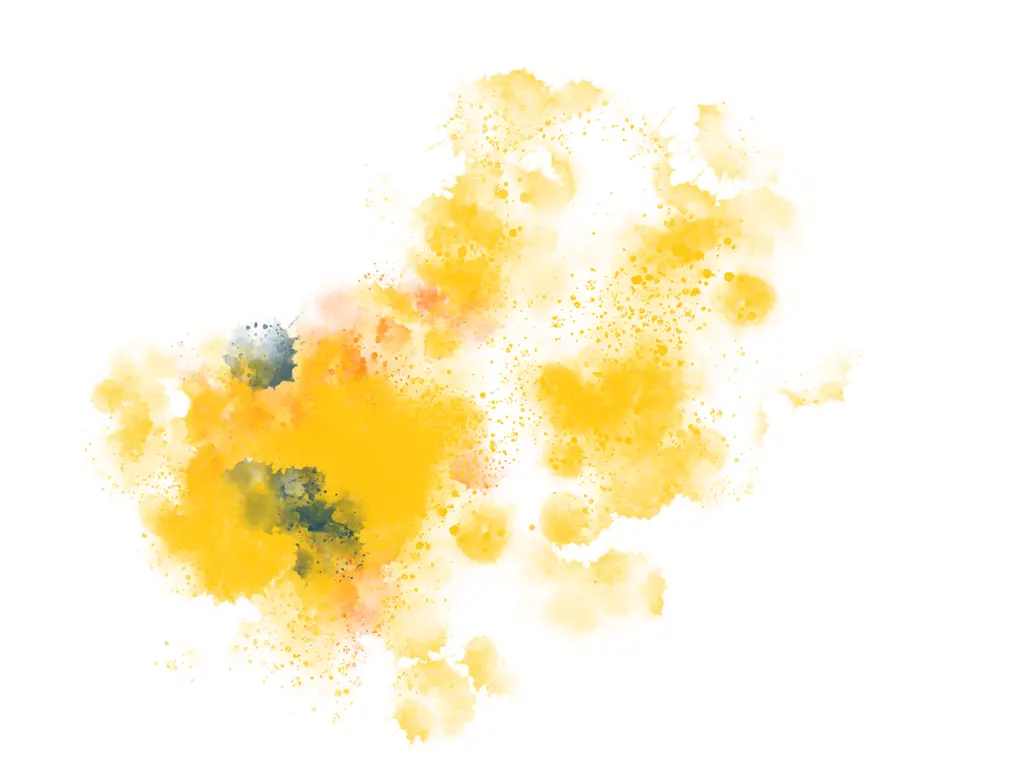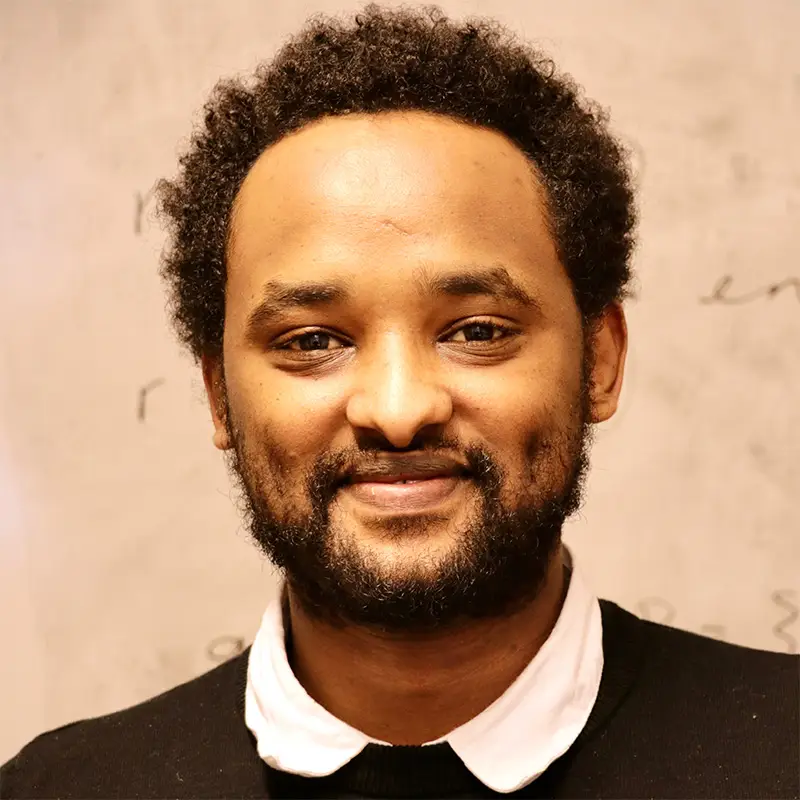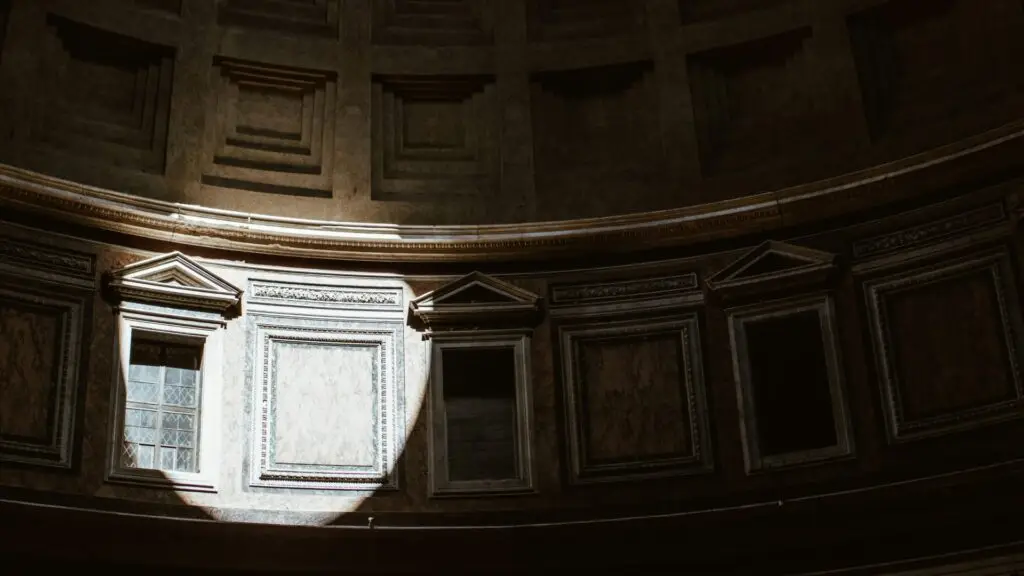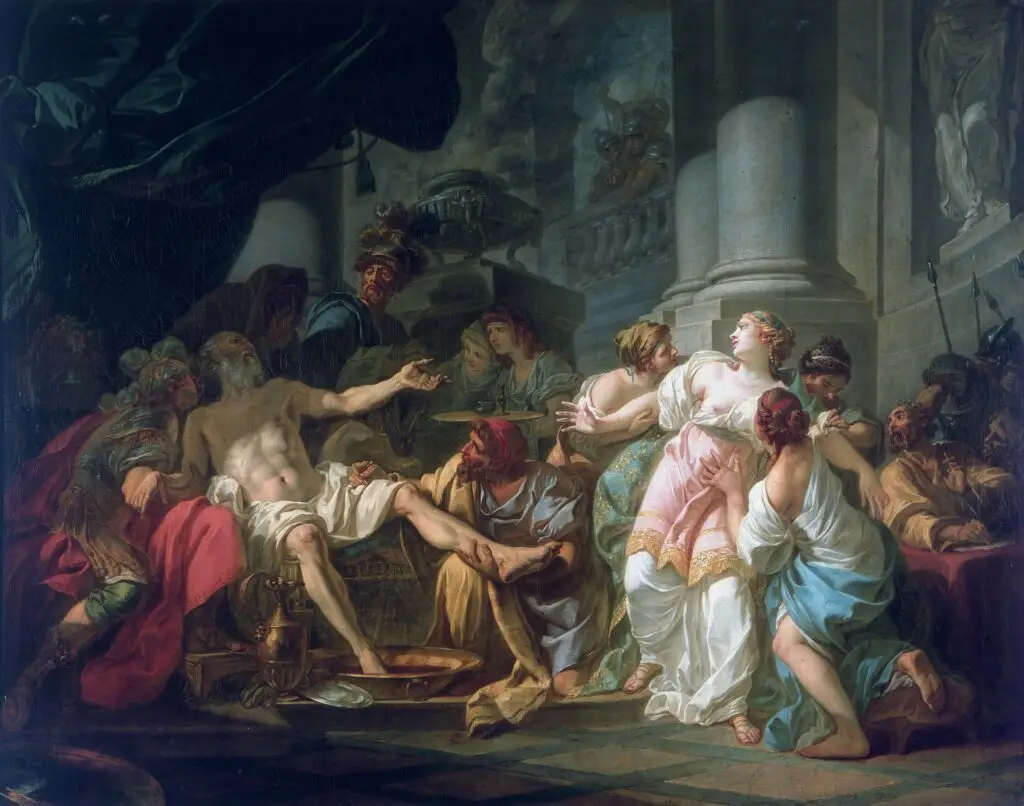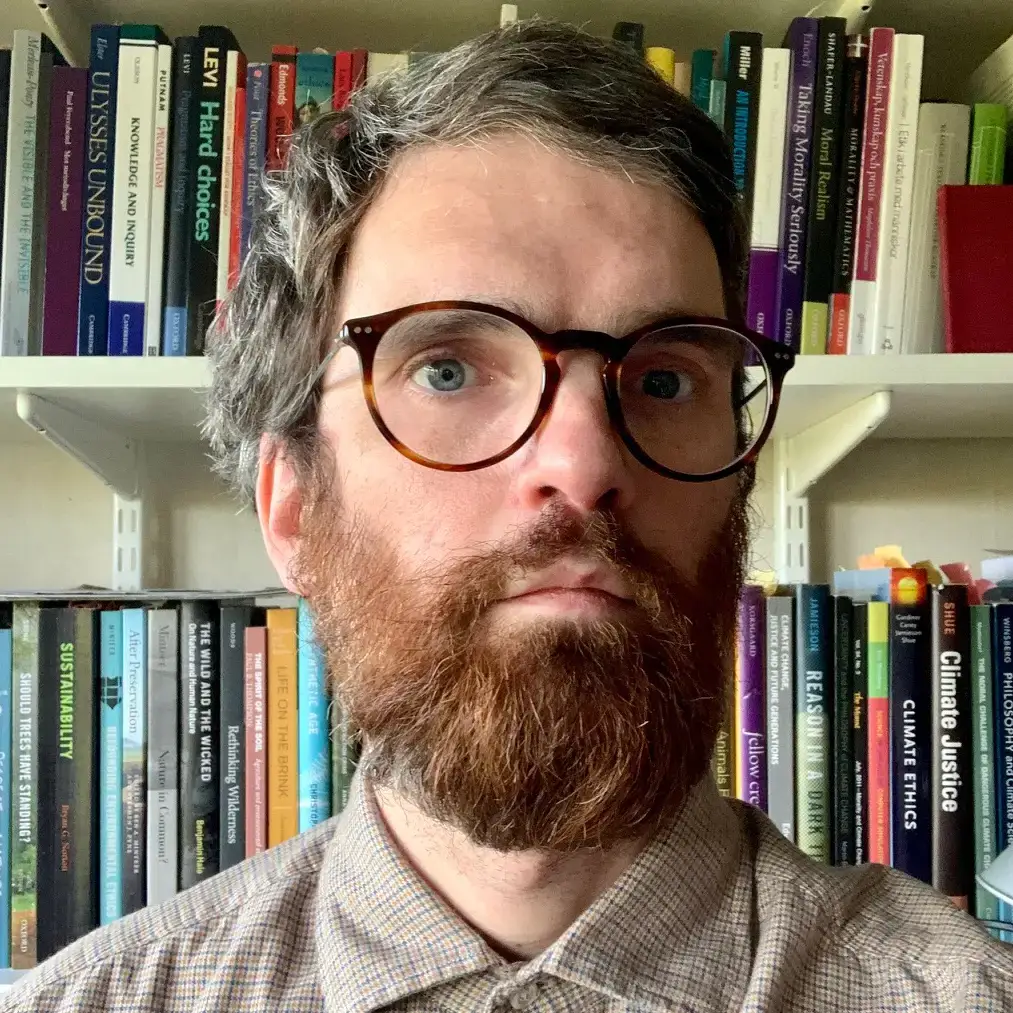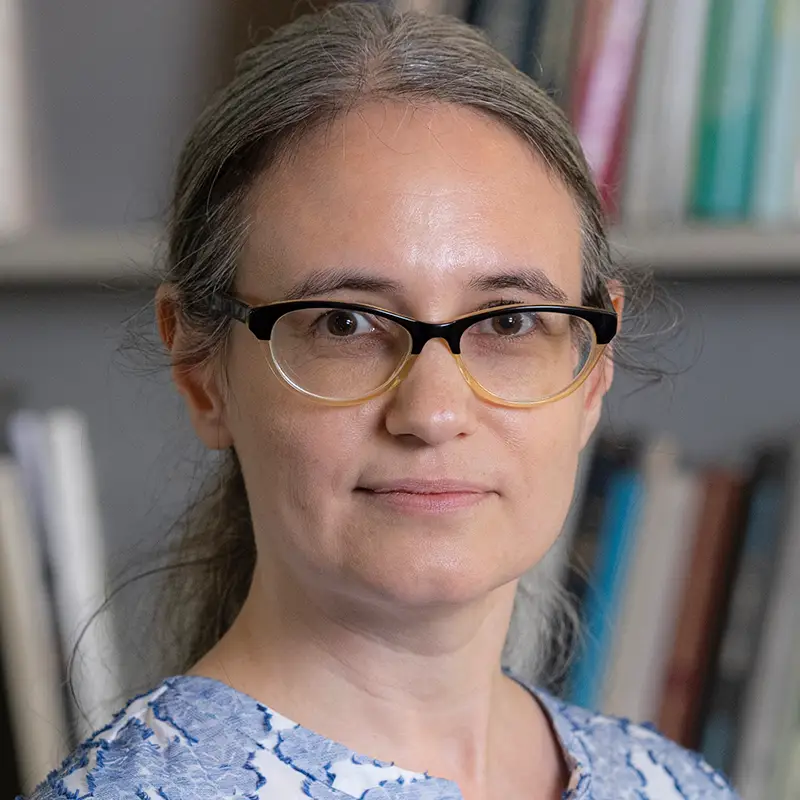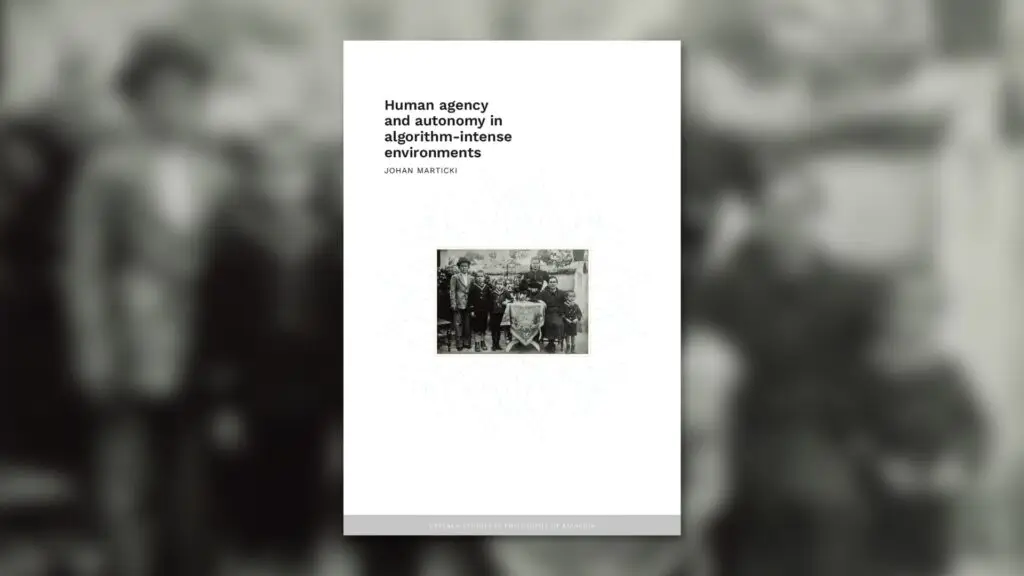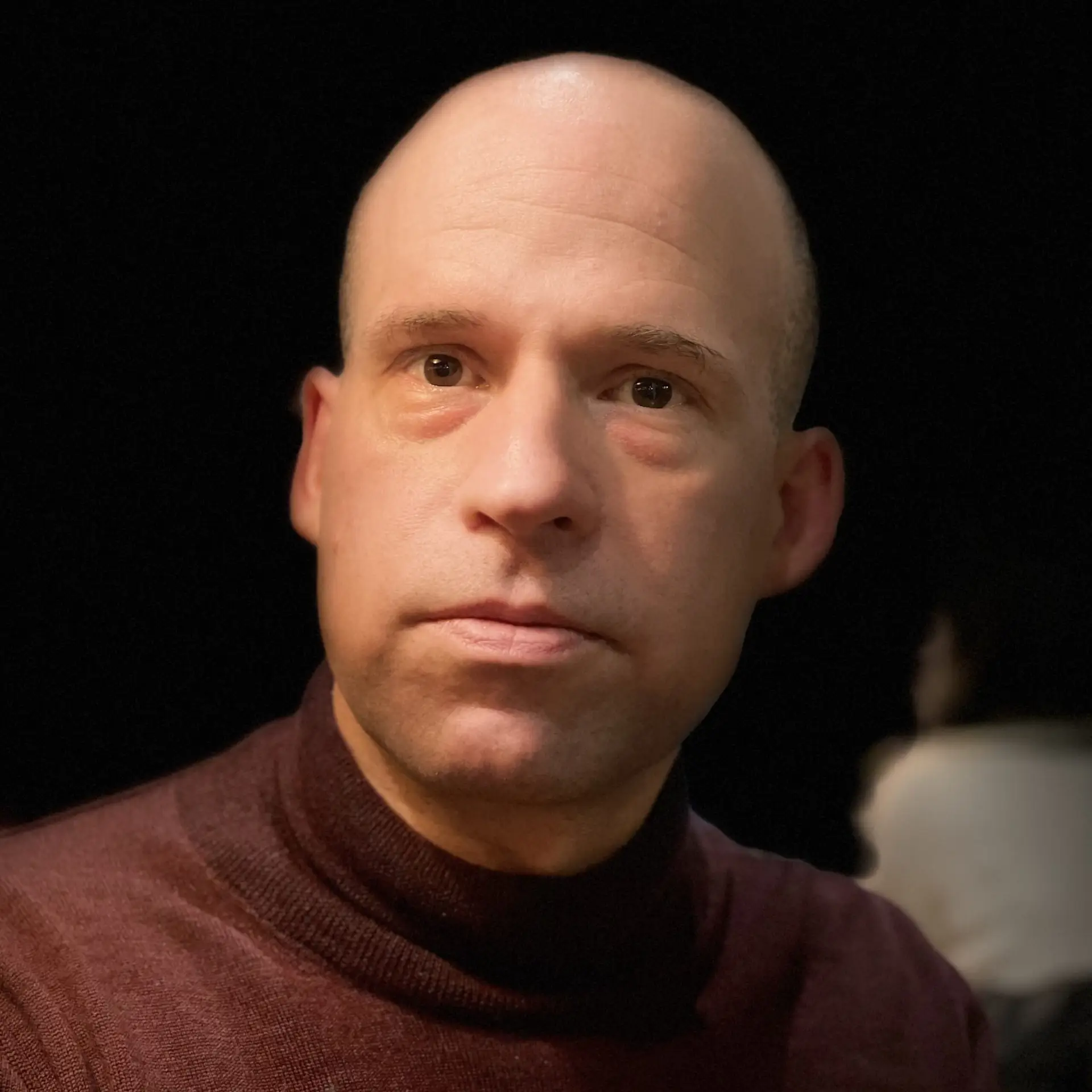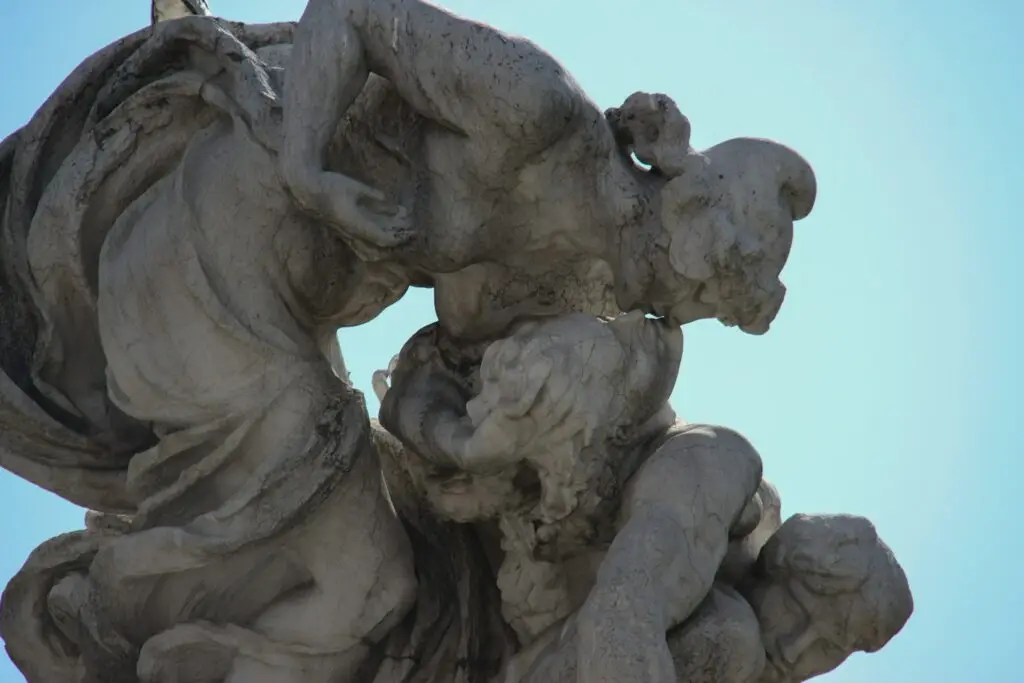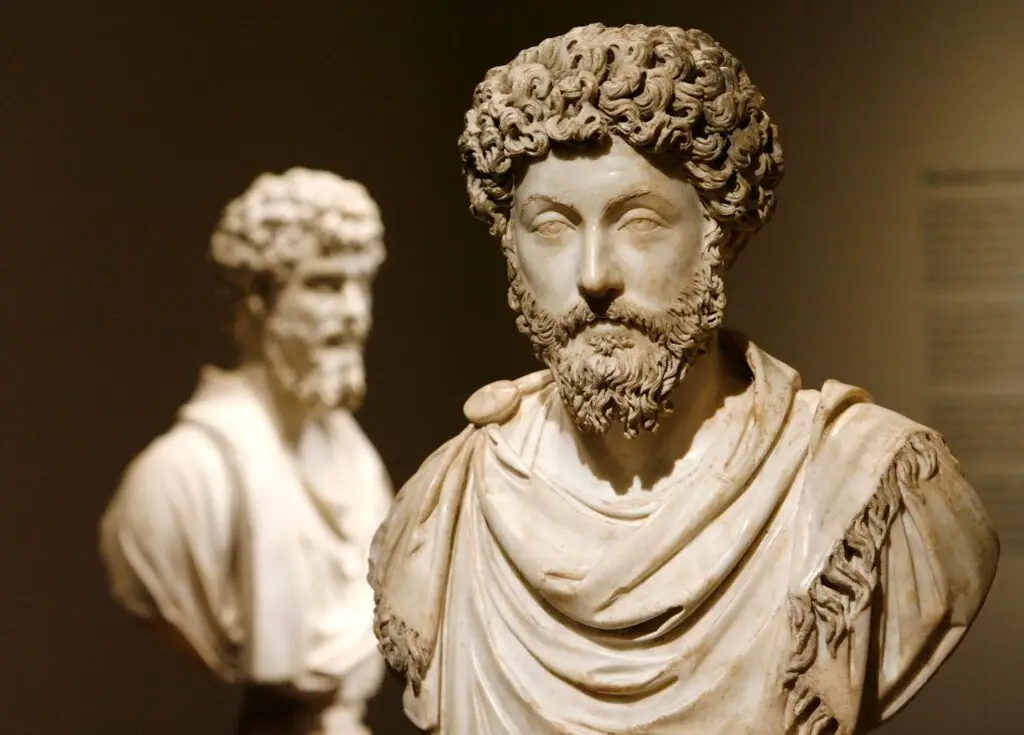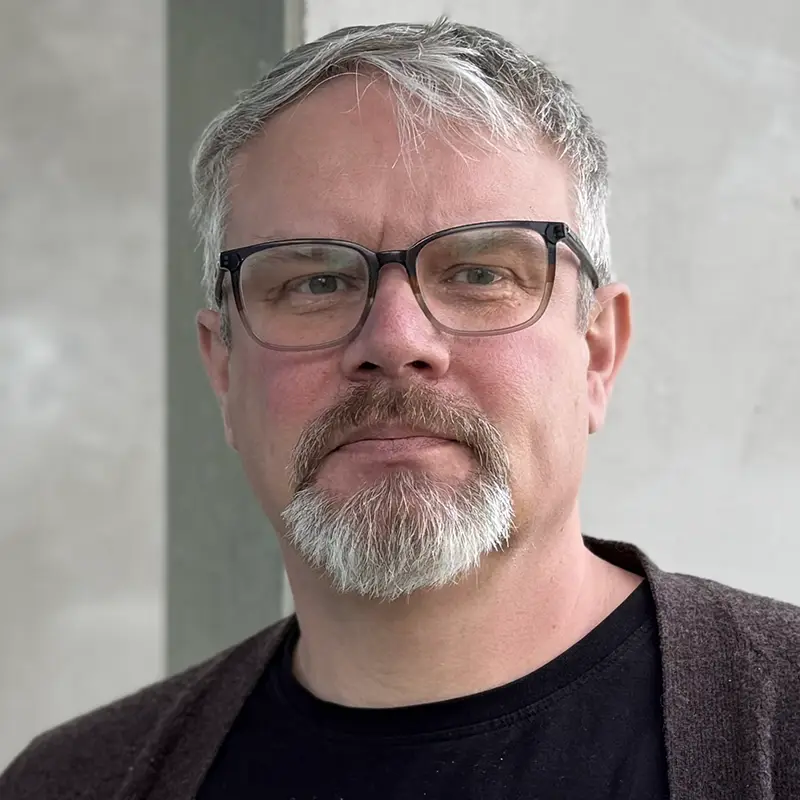Henok Girma Abebe is a philosophy PhD student at KTH Royal Institute of Technology. Here, he discusses the philosophical traditions in Sweden and Ethiopia.
From the ancient Greeks, and the history of Western philosophy in general, we have learned that philosophy mainly begins with wonder. The view that philosophy, as a rational critical inquiry, is predominantly the work of individual philosophers who out of mere curiosity adventured into some of the fundamental questions of human reality seems to be an established fact in the Western world. Another major characteristic of the philosophical traditions in the West is its richness in thousands of years of written philosophical works by professional philosophers mostly associated with higher education institutions. As an extension of the Western philosophy, the current philosophical tradition in Sweden is a product of hundreds of years of specialized trainings at historical higher education institutions such as the universities in Uppsala and Lund.
From a methodological perspective, the Swedish philosophical society is generally divided into analytic and continental traditions. It is usually stated that the analytic tradition with its emphasis on logic and linguistic analysis, is the strongest philosophical tradition in Sweden. Even if that might be true, it is however not hard to spot, that most philosophy departments in Swedish universities contain elements of both analytic and continental tradition in their research endeavours. Another, perhaps the most striking feature of current Swedish philosophical tradition is the strong academic and research interest in fields of practical philosophy and applied ethics. There is a growing research interest in specific practical areas of human life, such as in the fields of road safety, medicine, war, technology and risk, migration and politics, etcetera. Charities, universities and research institutions, national and regional government institutions, industries fund philosophical research in these and other areas of applied ethics. Seminars, workshops, and conferences are highly promoted to create national and international connections among philosophers of similar interest.
In contrast to the Swedish philosophical tradition, it is only after the end of the colonial system that philosophy as a critical and written philosophical inquiry started to take roots and expand in some parts of the world, including Africa. In Ethiopia, for instance, modern higher education institutions, and professional philosophical training in a university, started only after the second half of the 20th century. The same holds true for most African states. However, as a reaction to Western-based education curriculum introduced by the African governments, post-independence, African philosophers called for the importance of promoting research into endogenous philosophical traditions (Kebede 2006; Masolo 1994). Government educational policies in Ethiopia and many post-colonial African countries were criticized for continuing to promote Western values as universally valid and for neglecting their own traditional African philosophical thoughts (Kebede 2006). It was argued that by promoting Western educational systems at the expense of their own of endogenous values, rulers of independent African states are just promoting the colonial thesis that Africans need Western education and philosophy to modernize.
An important area of research in Ethiopian philosophy, and African philosophy in general, therefore, became the question of whether there is a philosophical tradition, in Africa and what its manifestations are (Bodunrin 1981). Some early philosophers pursued ethno-philosophical approaches and investigated the collective worldviews of African people as expressed through their oral myths, proverbs, songs and poems as vital sources of philosophy. Another group of philosophers emphasized the importance of studying individual communal sages who, in African traditional societies, are highly revered for their wisdom and critical views. Studies of traditional folklores and sage wisdom formed, and still forms, important aspects of Ethiopian philosophy.
Others philosophers, however, questioned the collective communal values investigated in ethno philosophical approaches to philosophy and the wisdom from sages, constitutes philosophy in its critical sense. Professional African philosophers, such as Bodunrin, Kwasi Wiredu, and others criticized the other schools for promoting a reductive account of African philosophy and lack of critical discourse. For the school of African “professional philosophy”, as the school later came to be called (Bodunrin 1981, pp. 162–3):
African philosophy is the philosophy done by African philosophers whether it be in the area of logic, metaphysics, ethics or history of philosophy. It is desirable that the works be set in some African context, but it is not necessary that they be so. Thus, if African philosophers were to engage in debates on Plato’s epistemology, or on theoretical identities, their works would qualify as African philosophy… According to this school, criticism and argument are essential characteristics of anything which is to pass as philosophy. Hence mere descriptive accounts of African thought systems or the thought systems of any other society would not pass as philosophy.
The major pioneers of philosophical wisdom in Africa, from the perspective of this school, are such personalities as the Ethiopian Philosophers Zera Yacob and his disciple Welde Hiwot known for their written critical philosophical works. According to Teodro Kiros (1996), the Ethiopian philosopher Zera Yakob was a “defender of reason in the African soil at the same time as Descartes in France” (Kiros). Comparing Zera Yakob to Descartes, the late Canadian philosopher Claude Sumner wrote:
In both authors we find an occasion for a critical investigation, the need for such an inquiry, a criterion which leads to the establishment of a basic principle that is applied in both authors to theodicy, ethics, and psychology (and in Descartes to cosmology). Although the method of enquiring is revolutionary in both cases, its roots are deeply theological in both philosophers.
In the 1960s and 70s, the political philosophies of Marxism and Leninism also become the lens through which the socio-economic and political realities of the Ethiopian people are analysed. This led to the galvanization, not only of philosophical research in that area, but also to student political movements against an exploitative feudal monarchy that was not willing to change as per the demands of the progressive students (Kebede 2006).
The current philosophy curriculum at Addis Ababa University gives a high emphasis to the history of Western philosophy and continental traditions. Philosophy education focuses on “logic, epistemology, metaphysics, moral philosophy and political philosophy, and various African and Asian philosophical traditions as core areas.” Although not as strong as the philosophical society in Sweden, the philosophy department at Addis Ababa University also harbours a small internationally recognized group of philosophers working in different fields of applied ethics. Unlike the case of Sweden, however, philosophical endeavours into the different areas of applied ethics are largely absent in Ethiopia. Applied ethics studies in the areas of engineering and technology, medical ethics, and road safety are very rare. It is imperative, therefore, to build the capacity of the philosophical society in this regard.
In conclusion, making a proper comparison of different philosophical traditions is difficult for many reasons. Among others, it requires, clearly defining what counts as a “philosophical tradition”. One tradition, inherited from the ancient Greeks, mainly views philosophy as a product and enterprise of individual thinkers. As an extension of Western philosophy, the Swedish professional philosophical tradition builds on hundreds of years of philosophical works of individual philosophers, who, however, work closely with a society of national and international philosophers to bring philosophical understanding and insight forward. A strong philosophical research both in the fields of analytic and continental traditions characterize the Swedish philosophical tradition.
Before the end of colonialism in Africa, written, critical, philosophical investigations and philosophical societies were weak, or non-existent, in many African countries, due to a complex myriad of factors. After independence, most African countries implemented an educational system based on Western curriculum. This lead to the proliferation of professional philosophy education in African universities and a strong exposure to western philosophical tradition. As a product of such a system, the philosophical tradition in Ethiopia focuses mainly on the continental tradition and the history of philosophy. Although not as strong as in the case of Sweden, there is also a growing interest in some areas of applied ethics, such as environmental ethics. It is highly important that philosophical investigations also expand to address moral implications of the different societal policies and issues of practical significance.
References
- Bodunrin, P. O. (1981). The Question of African Philosophy. Philosophy 56(216), 161–179.
- Masolo, D. A. (1994). African Philosophy in Search of Identity. Indiana University Press.
- Kebede, M. (2006). The Roots and Fallouts of Haile Selassie’s Educational Policy. UNESCO Forum Occasional Paper Series, paper no. 10.
- Kiros, T. (1996). Review of ”African Philosophy in Search of Identity” by D. A. Masolo. The International Journal of African Historical Studies 29(1), 193–196.

